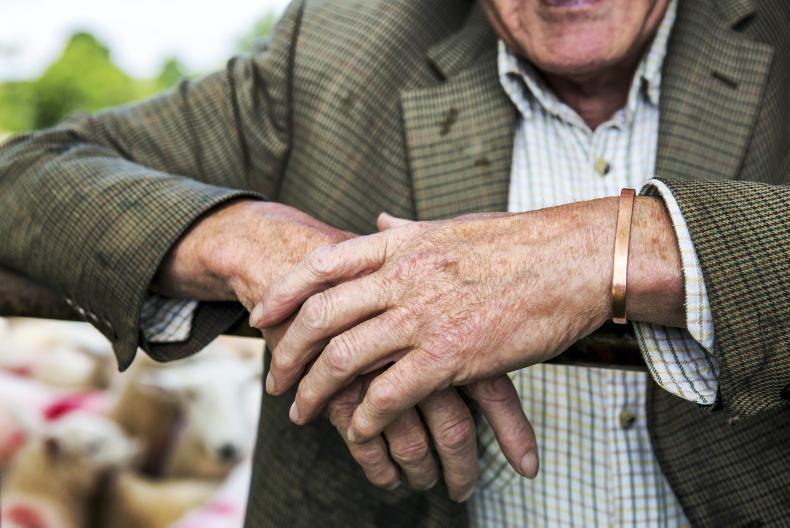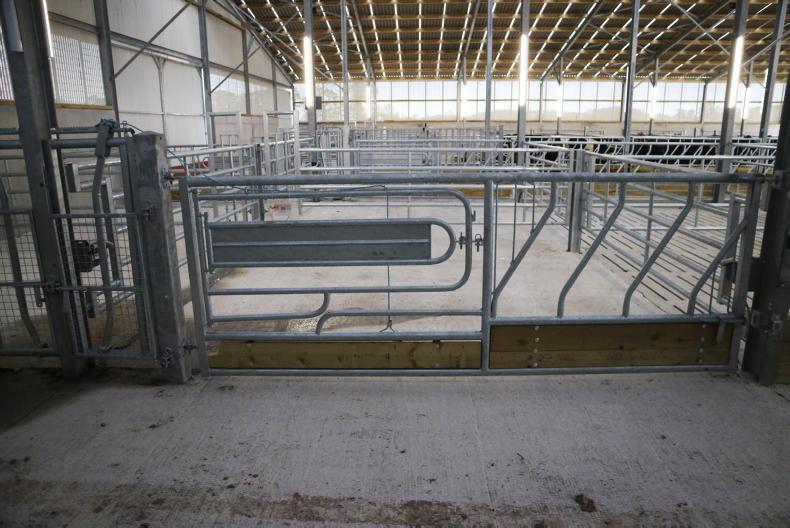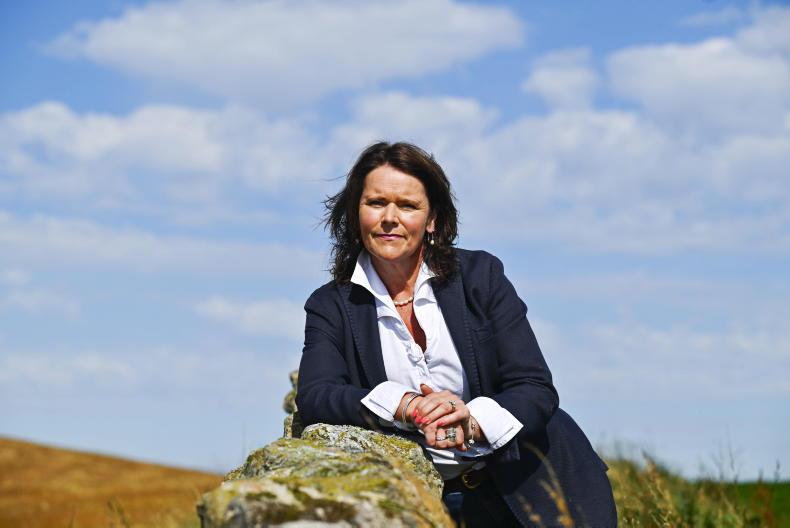Farm transfer planning should be made compulsory for farmers, a new study by the National University of Galway and Teagasc has recommended.
It should be mandatory for a farmer to complete sessions with an approved succession facilitator to be eligible for any financial incentives such as capital gains tax exemptions or reliefs.
Farm succession sessions should also be added as compulsory criteria for all younger farmers completing the Green Cert qualifications that qualify them for stock relief and stamp duty exemptions as young trained farmers.
Conversations about the future of the farm should become the norm, not the taboo area that it is today
The recommendations are made in a study authored by Shane Conway, John McDonagh and Maura Farrell of NUI Galway, and Anne Kinsella of Teagasc and published in the Journal of Rural Studies.
The move to compulsory farm succession sessions would move the issue of farm transfers from being the taboo subject that is it among farmers today to one where it becomes less daunting.
“It should be made a criteria in the same way as any of the other tasks you have to complete to take part in a farm scheme,” Conway told the Irish Farmers Journal.
“Conversations about the future of the farm should become the norm, not the taboo area that it is today.”
He added that the current policies surrounding farm succession focus too much on the financial and taxation elements of transferring the farm and not enough on the human aspect of how painful the older generation finds it to let go of the farm.
Conway is a postdoctoral researcher with the National Rural Network.
In-depth interviews he conducted with farmers revealed that the older generation felt that by handing over the farm, they were losing status in the community and losing their identity.
They felt demoted and in many cases felt that they lost their value, meaning and purpose in life.
Almost 90% of the farmers surveyed said that retirement is “not popular or well-regarded within the farming community”, a view that has not changed since the 1970s.
Conway added that those farmers who do retire were viewed by the farmers as having a defeatist attitude or else seen to have no option but to retire due to ill-health.
He maintained that any farm succession policy must allow the older generation to remain active and productive because being seen as such is central to the older farmer’s sense of self.
Read more
'It's very unrealistic for a woman to run a farm' – Liveline caller
Farm law: succession and farm transfer
'They got the whole thing... because they were boys'
Farm transfer planning should be made compulsory for farmers, a new study by the National University of Galway and Teagasc has recommended.
It should be mandatory for a farmer to complete sessions with an approved succession facilitator to be eligible for any financial incentives such as capital gains tax exemptions or reliefs.
Farm succession sessions should also be added as compulsory criteria for all younger farmers completing the Green Cert qualifications that qualify them for stock relief and stamp duty exemptions as young trained farmers.
Conversations about the future of the farm should become the norm, not the taboo area that it is today
The recommendations are made in a study authored by Shane Conway, John McDonagh and Maura Farrell of NUI Galway, and Anne Kinsella of Teagasc and published in the Journal of Rural Studies.
The move to compulsory farm succession sessions would move the issue of farm transfers from being the taboo subject that is it among farmers today to one where it becomes less daunting.
“It should be made a criteria in the same way as any of the other tasks you have to complete to take part in a farm scheme,” Conway told the Irish Farmers Journal.
“Conversations about the future of the farm should become the norm, not the taboo area that it is today.”
He added that the current policies surrounding farm succession focus too much on the financial and taxation elements of transferring the farm and not enough on the human aspect of how painful the older generation finds it to let go of the farm.
Conway is a postdoctoral researcher with the National Rural Network.
In-depth interviews he conducted with farmers revealed that the older generation felt that by handing over the farm, they were losing status in the community and losing their identity.
They felt demoted and in many cases felt that they lost their value, meaning and purpose in life.
Almost 90% of the farmers surveyed said that retirement is “not popular or well-regarded within the farming community”, a view that has not changed since the 1970s.
Conway added that those farmers who do retire were viewed by the farmers as having a defeatist attitude or else seen to have no option but to retire due to ill-health.
He maintained that any farm succession policy must allow the older generation to remain active and productive because being seen as such is central to the older farmer’s sense of self.
Read more
'It's very unrealistic for a woman to run a farm' – Liveline caller
Farm law: succession and farm transfer
'They got the whole thing... because they were boys'










SHARING OPTIONS